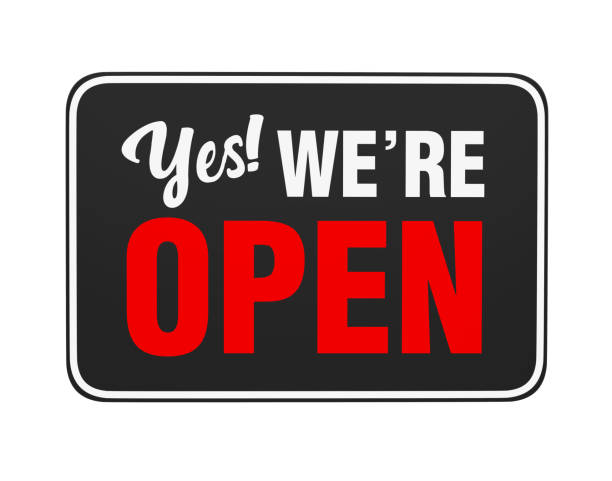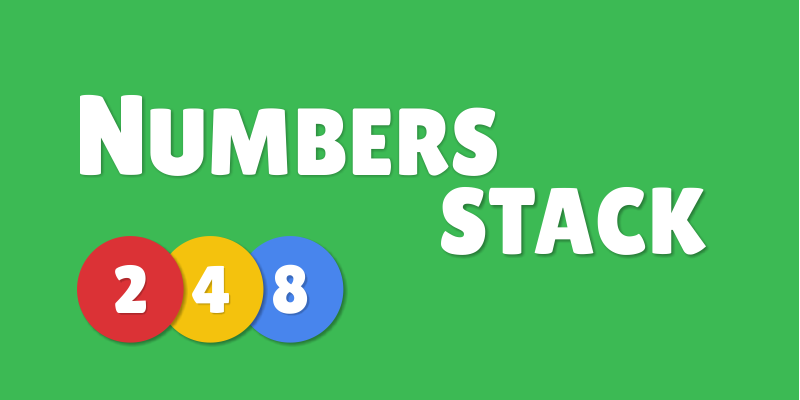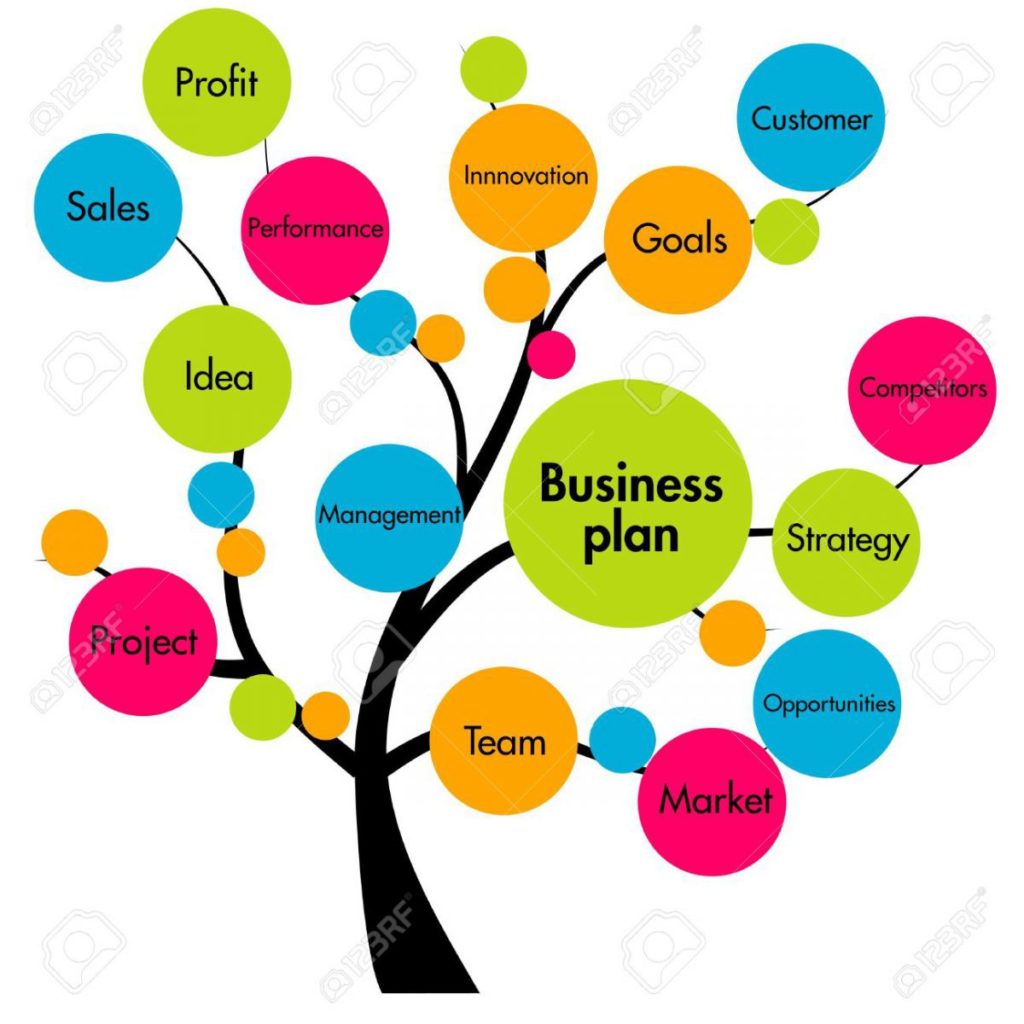
You have a great idea and want to start a business. But do you have what it takes to make it a success? Every year, more new small businesses fail than succeed. But that shouldn’t stop you — test your idea by answering some of these questions below to help you get started:
Check below and see if you can answer some of these questions.

Running a business can be challenging. Some business owners work long, unpredictable days until they make a profit.
It helps if you are:
There can be big differences between a good idea and an idea that will be strong enough to build a business from. Often the most commercially successful ideas are the simple ones, like identifying a gap in the market that can be filled with a new product or service, or adapting and improving an existing business idea.
Take time to assess your business idea before you leave your job, borrow money, or make big changes to your life.

Competition is good sometimes. But have these businesses been operating for a long time? If so, there is an established market. It’s important to stand out and ensure that your business has a point of difference than your competition. How will you market yourself is another area to consider.

Don’t forget to run your own numbers about how much business you’ll need to generate to cover your business expenses and household expenses including being able to support your family. If you plan to tap into your own savings or borrow / loan money, ensure there is enough to cover cover your monthly costs as well. It may take some time before you will start seeing any profit from the business. You may also consider doing a part-time job to help you get started.

Is your idea for a business going to solve a problem — or fill a need in the market — for the public or other businesses?
If your answer is no, scrap it and start again.
If your answer is yes, think about the scale of this problem or need. If it’s minor, you might struggle to make sales. You need to solve what’s giving people a major headache, or provide something they can’t get elsewhere. This is a key part of business planning understanding the value you bring to the market. It’s a good idea to draw up a basic business plan — even just a one-pager — to help test whether you have a sound idea or put together what you want to achieve. See below for “How do I start a business plan?”

Unless you’re going to sell something no one has thought of before, you’ll be competing against other businesses. Your products or services must stand out from the rest. Develop your unique selling point.
Where are you customers coming from? Will they be older people or younger people?
Think about where you can find them, what they value, what they’re worried about, and what they need. Identify key customers for your business. Once you decide your target audience, you can put together some key messages to help these customers understand why they need to buy from you. For example; if you are selling baby products, your target audience are mums and dads or grandparents.
It’s useful to work out what your competitors charge for the same or similar products or services, and how much customers are prepared to pay for yours – you can do this by asking a sample group of your potential customers. You should also check if there are industry-standard prices for your type of service or product.
Think about the optics of your pricing too – if you charge less than your competitors could your product or service be seen as inferior? If you charge more, can you justify this by offering better quality products, or superior service?
Figure out how much you’ll have to earn to cover the cost of sales and your monthly overheads. It’s also good to have realistic estimates of future income and costs to work out when you’ll be in profit. If the numbers show you won’t make profits for some time — even years — do you have funds to carry you through?
Once you’ve drawn up a basic plan and crunched some numbers, you need to figure out how much money you’ll need to start your business.
How much money do I need?
Will I need a business loan to kick start this new idea?

Marketing refers to activities a company undertakes to promote the buying or selling of a product or service. Marketing includes advertising, selling, and delivering products to consumers or other businesses.
Have you considered Facebook? Instagram? Start small – Facebook and Instagram is FREE.
Ensure that you contact BTIB to promote your business on Te Makete – Cook Islands Products & Services. Click here for more information.

A business plan is a very important and strategic tool for entrepreneurs. A good business plan not only helps entrepreneurs focus on the specific steps necessary for you to make business ideas succeed, but it also helps you to achieve short-term and long-term objectives.
Click below to help you develop your business plan:

Ready to move to the next stage? Will you register as a Sole Trader, be in a Partnership or setup as a Company LTD?
Ready to move to the next stage? Find out about Tax Registration, RMD Number, e-Tax online, Tax Returns, PAYE, VAT and Income Tax.

Business Trade Investment Board
Opposite the Punanga Nui Market
Ruatonga
Avarua Rarotonga
Cook Islands
Telephone: +682 242 96
Fax: +682 24 298
Private Bag, Rarotonga, Cook Islands.
Email: btib@cookislands.gov.ck
Monday – Friday
8am – 4pm
Closed: Saturday and Sunday
Statutory Holidays